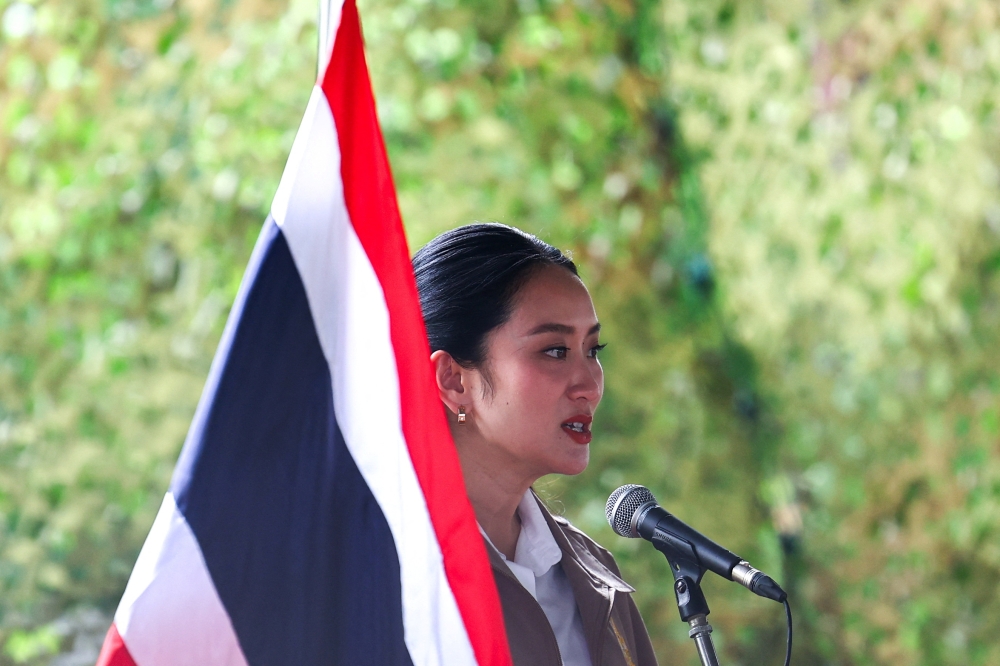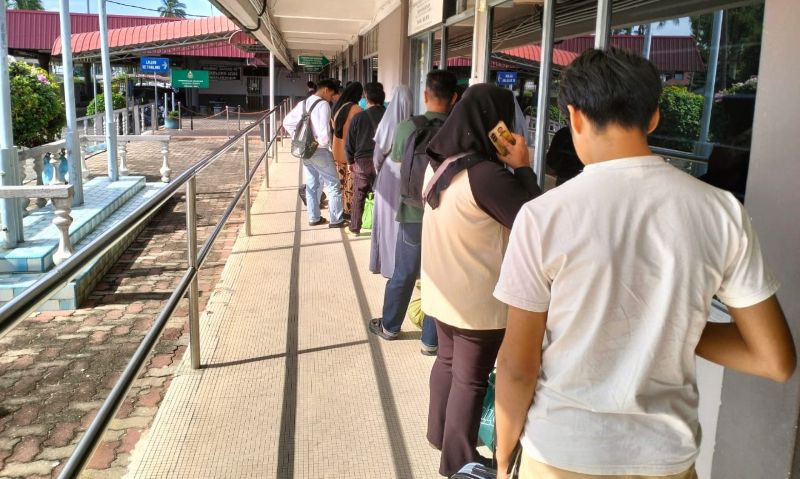JULY 2 — As the Asean Regional Forum (ARF) approaches on July 9–11 in Kuala Lumpur, the political earthquake shaking Thailand cannot be ignored—yet must not be mishandled. The recent leaked audio of a confidential exchange between Thai Prime Minister Paetongtarn Shinawatra and the President of the Cambodian Senate has precipitated a constitutional suspension of the Thai premiership. With dynastic overtones, cross-border political intrigue, and rising nationalist sentiments in both Thailand and Cambodia, the situation has escalated into one of the region’s most diplomatically combustible dilemmas.
Yet ARF is neither a court of arbitration nor a chamber of political therapy. It is a delicate forum of preventive diplomacy. And when the facts on the ground shift rapidly—especially toward domestic instability—its role must evolve not in ambition but in restraint.
The political earthquake in Thailand
Thailand is now caught in a perfect political storm. Prime Minister Paetongtarn, already suffering from plummeting approval ratings—sliding from over 30% to just under 10% within months—now finds herself suspended by Thailand’s Constitutional Court. The reason? A leaked and highly controversial phone conversation with the Cambodian Senate President, allegedly involving mutual cooperation on border development projects without prior clearance from the Thai military or foreign ministry. Such moves, interpreted as bypassing national institutions, have fueled accusations of impropriety and even subversion.
Her suspension could very well mark the final straw for a government long viewed with skepticism by Thailand’s entrenched military establishment. The generals, many of whom have maintained links to former Prime Minister Prayuth Chan-o-cha, are now poised to either directly intervene or influence a political shift through the courts or parliament.
ARF cannot meddle in a moving target
Under such conditions, the ARF cannot—and must not—seek to resolve this conflict. Asean’s principle of non-interference, already strained in past decades, would collapse entirely if the ARF were seen as taking sides in what is clearly a politically and dynastically sensitive domestic crisis with cross-border echoes.
The risk of importing the Paetongtarn–Thaksin family saga, with all its dynastic overtones and rivalries with the Hun Sen clan in Cambodia, into the ARF is unacceptable. These family legacies are soaked in historical memory, political vendettas, and patronage networks—none of which lend themselves to multilateral problem-solving. To open the ARF floor to such disputes would not only derail the scheduled agenda but risk making Malaysia, as Group Chair, appear either partisan or ineffectual.
No appetite among great powers
Moreover, the great powers have no appetite for this kind of dispute. The United States, now represented by Secretary of State Marco Rubio, would likely be irritated by the spectacle of infighting and regional paralysis. Rubio, an institutional hawk and long-time Asean skeptic, may well walk away from the Forum with an even lower view of its utility. China, meanwhile, views mainland Southeast Asia as its strategic backyard. Any hint of US meddling or Asean drift could be met with an intensification of Beijing’s charm offensives or coercive tactics. China’s posture is clear: Southeast Asia must not become a zone of instability, particularly at a time of tense trade negotiations and power projection against the US presence in the Indo-Pacific.
In this environment, the ARF becoming entangled in Thai–Cambodian crossfire would leave the grouping—and Malaysia’s chairmanship—looking vulnerable. Worse, it may embolden fringe players and opportunists in the region who thrive on diplomatic confusion.

Thailand’s currently suspended Prime Minister Paetongtarn Shinawatra is seen speaking to administrative officials at the 12th Infantry Regiment, 3rd Infantry Battalion (Fort Surasinghanat) of a Thailand-Cambodia border town of Aranyaprathet district. — Reuters pic
Domestic theatre should not disrupt Asean stage
What we are seeing between Thailand and Cambodia is a classic case of domestic theatre bleeding into regional diplomacy. Both sides have politically embattled leaders looking to shore up legitimacy by stoking nationalist flames. The Cambodian government, under the indirect rule of the Hun family, is increasingly confident and assertive. Meanwhile, Paetongtarn’s camp may have overplayed its hand, reaching across borders for diplomatic traction just as her domestic political base was crumbling.
The ARF cannot afford to serve as a stage for such performances. It would risk derailing the July 9–11 proceedings, shifting focus from key priorities such as regional economic integration, maritime security, cyber cooperation, and energy connectivity. Malaysia, as Group Chair, must avoid becoming collateral damage in this dangerous political theatre.
Strategic autonomy must be preserved
This is precisely the moment for Asean—and Malaysia—to demonstrate strategic autonomy. Not the kind that aligns blindly with Washington or Beijing, but one that insists on the sanctity of multilateral platforms from being weaponized by domestic political turbulence.
We are no one’s pooch to be yanked at will. We are not pawns in dynastic chess games. Strategic autonomy means that we refuse to allow our collective institutions—like the ARF—to become battlegrounds for unresolved domestic power struggles, no matter how entangled they may be with regional sensitivities.
Malaysia must signal clearly: while we will not sweep tensions under the carpet, we will also not allow them to hijack the proceedings. An acknowledgment of the issue may be warranted in private side meetings—but not a public intervention, not a multilateral discussion, and certainly not a resolution attempt that could backfire.
Trade negotiations at stake
Equally important is the economic context. With Asean member states engaged in delicate trade negotiations ahead of mid-July regional summits—including the Asean Digital Economy Framework Agreement (DEFA) and moves to deepen the Asean Plus frameworks—regional stability is paramount.
Any distraction caused by the Thai–Cambodian conflict would undermine investor confidence and derail months of quiet, technical diplomacy. The ARF, if it were to allow bilateral disputes to monopolize the forum, would become not a platform for integration, but a cautionary tale of regional dysfunction.
A chair must not invite failure
Malaysia must avoid importing a fault line into its chairmanship. Allowing a public dispute between Thai and Cambodian representatives—likely in their native tongues and charged with emotion—to erupt on the ARF stage would humiliate the Chair, derail the agenda, and expose Asean to ridicule.
When the facts change, ARF must adapt—but not by doing more than it is designed for. It must adapt by narrowing its bandwidth, focusing its agenda, and refusing to be destabilized by events outside its purview.
Diplomacy is about timing, tact, and knowing when not to act.
In this case, the most strategic move is one of calibrated silence. Acknowledge the tremors. Offer informal support. But above all, keep ARF on track. That is the only way Malaysia can protect both the forum and its own credibility as Asean’s convening power in this volatile moment.
* This is the personal opinion of the writer or publication and does not necessarily represent the views of Malay Mail.






